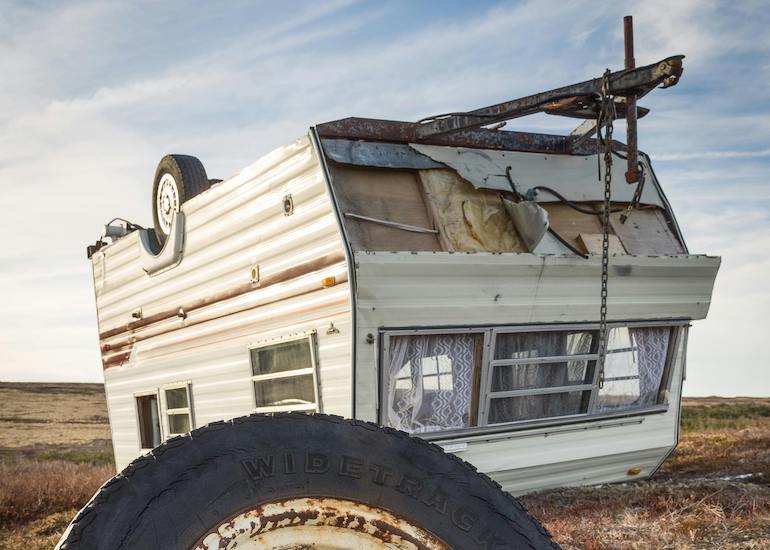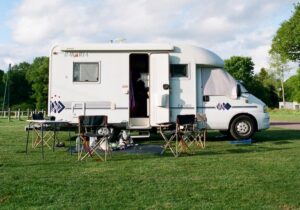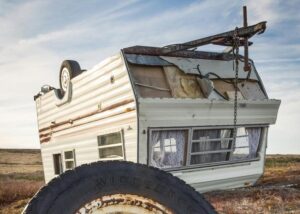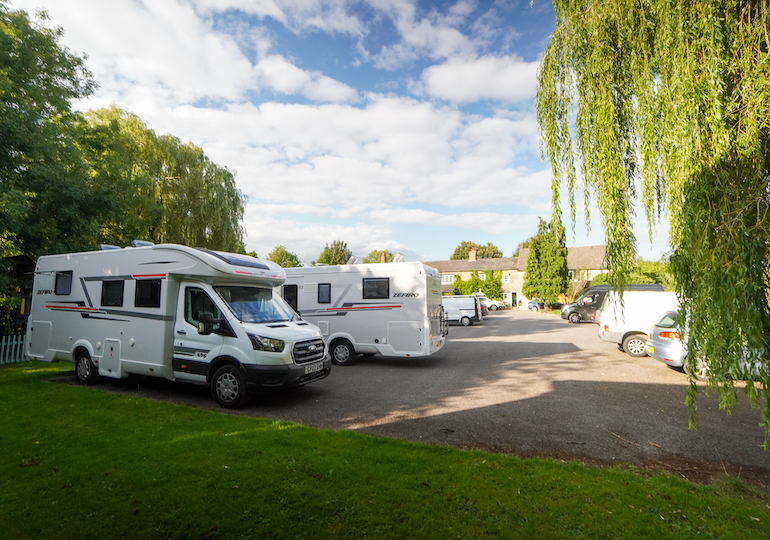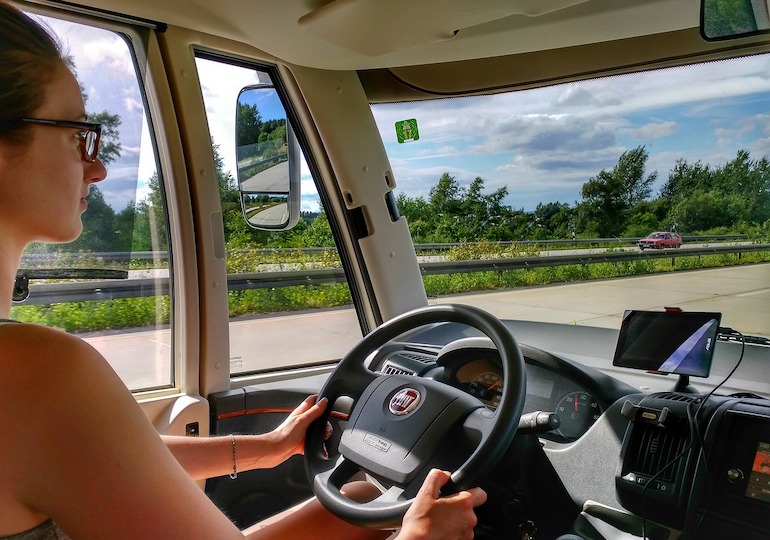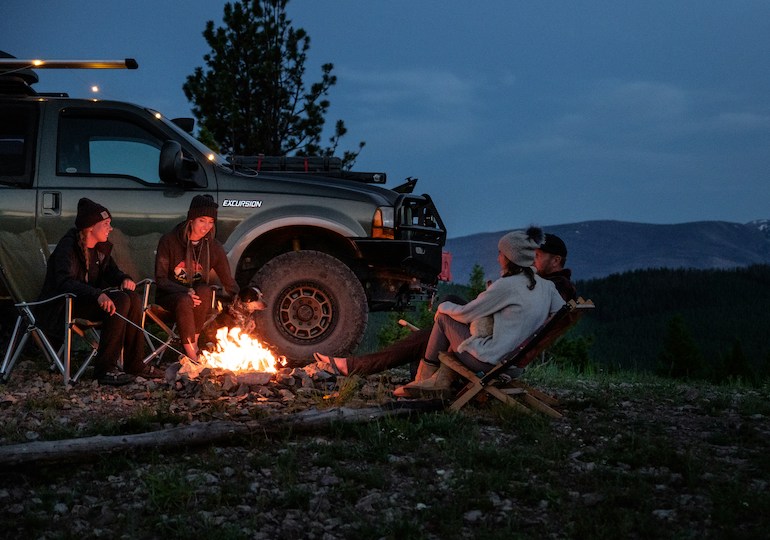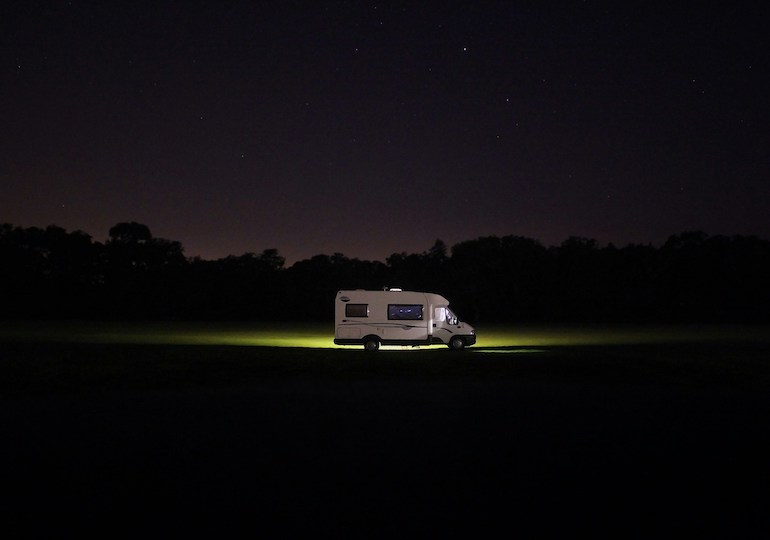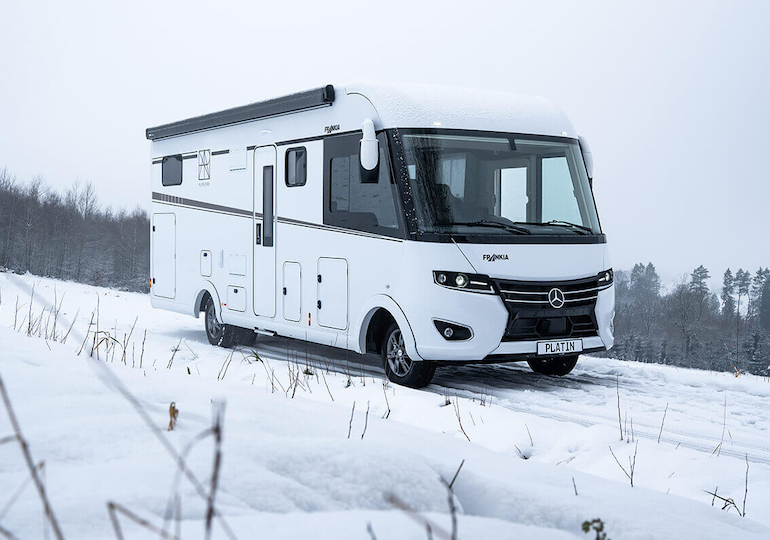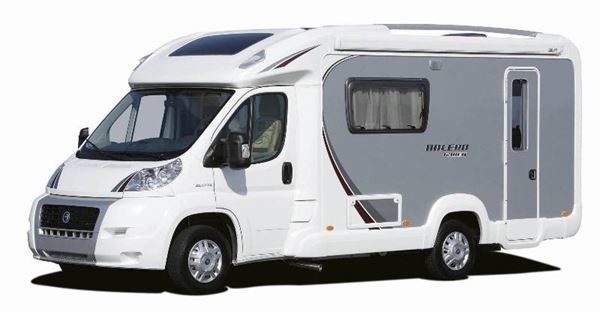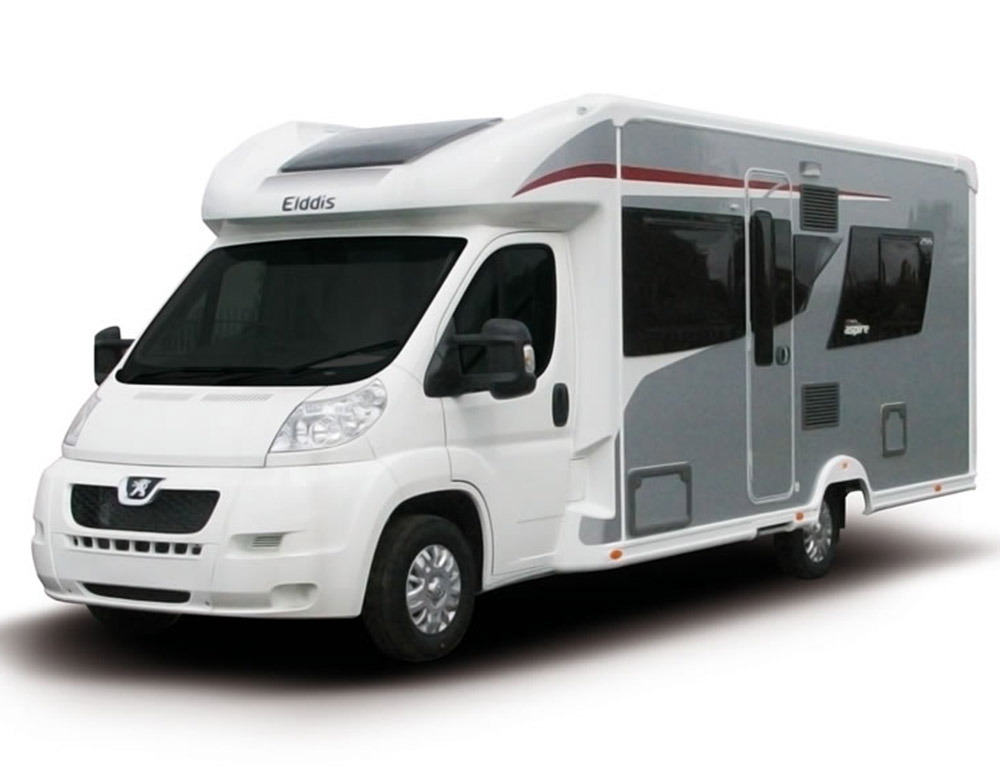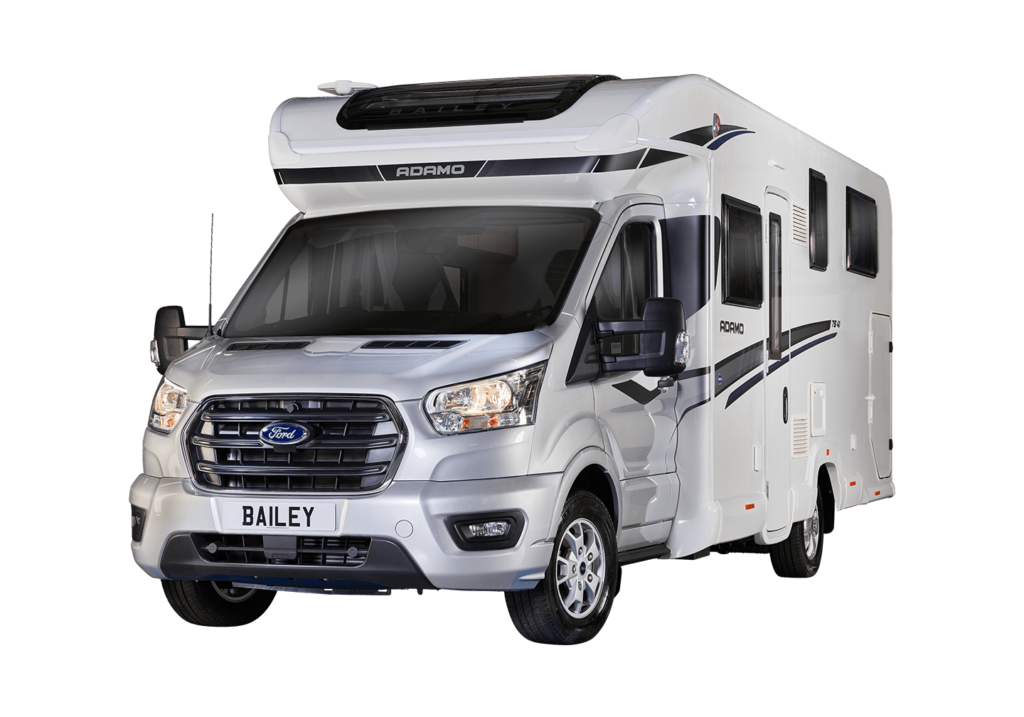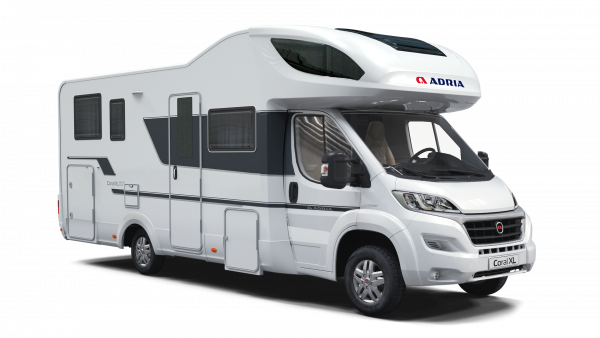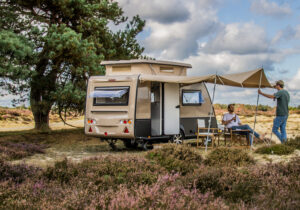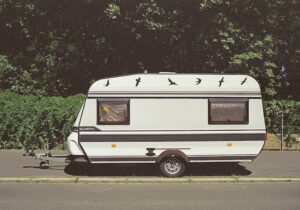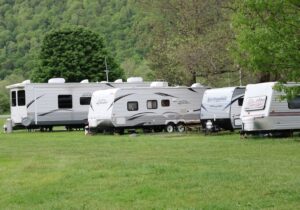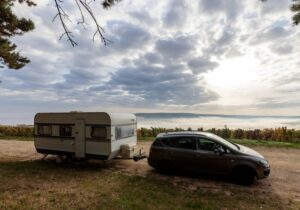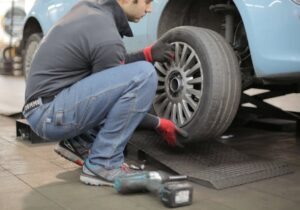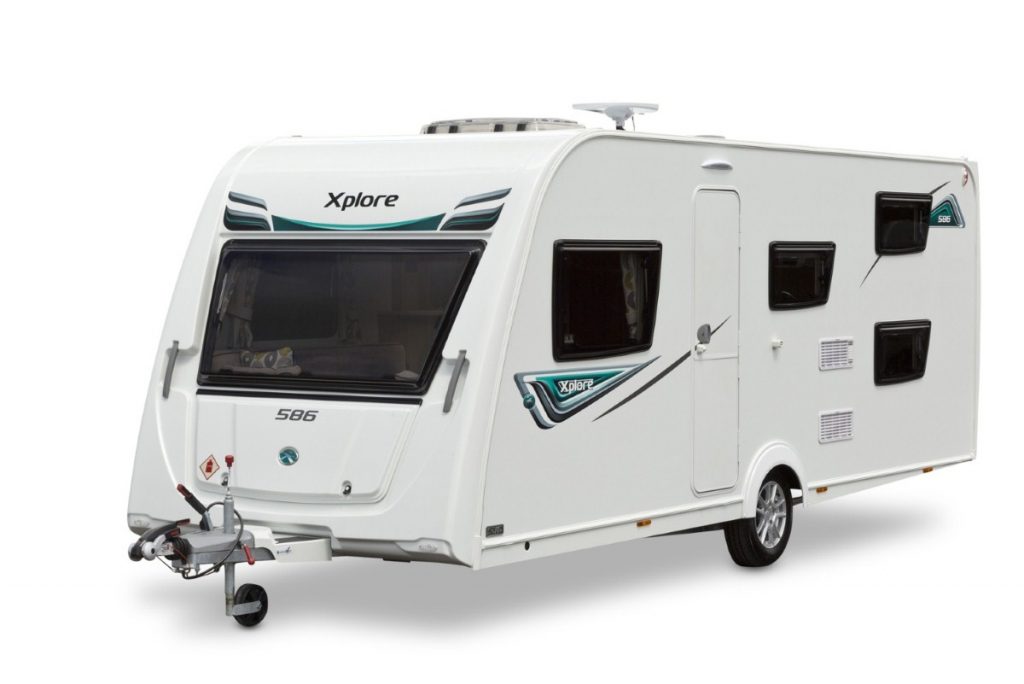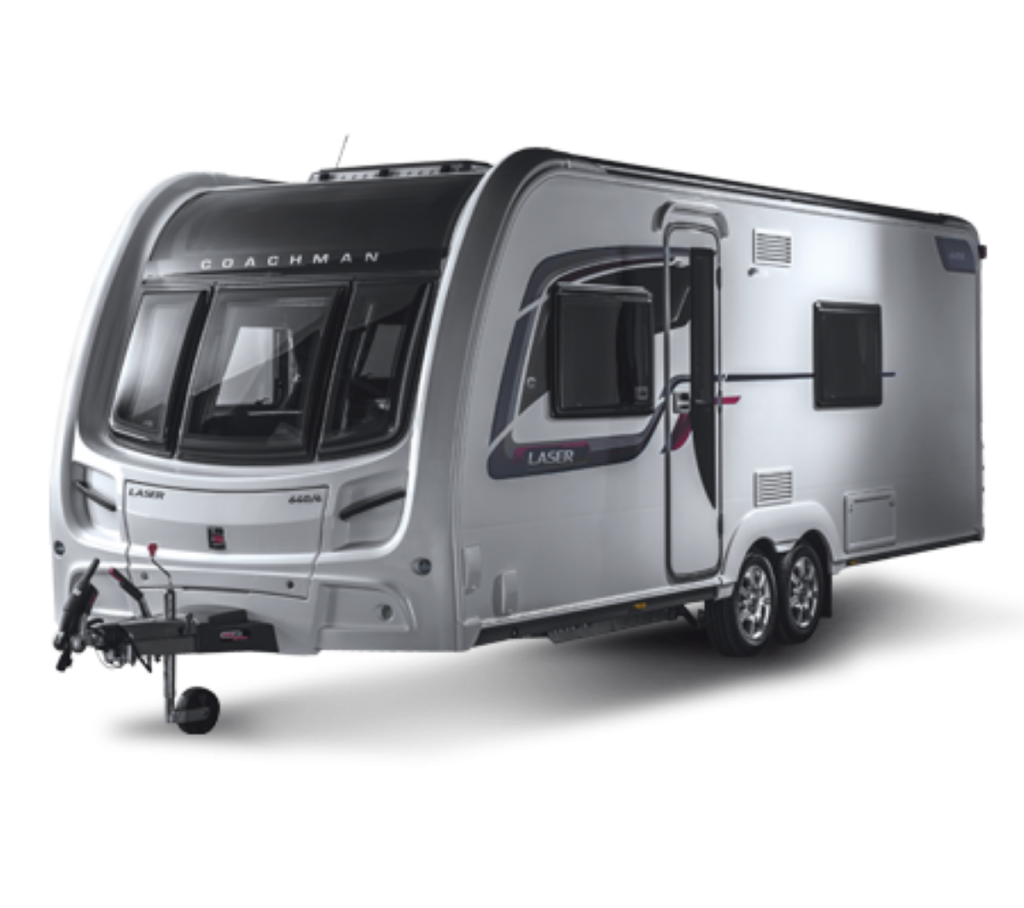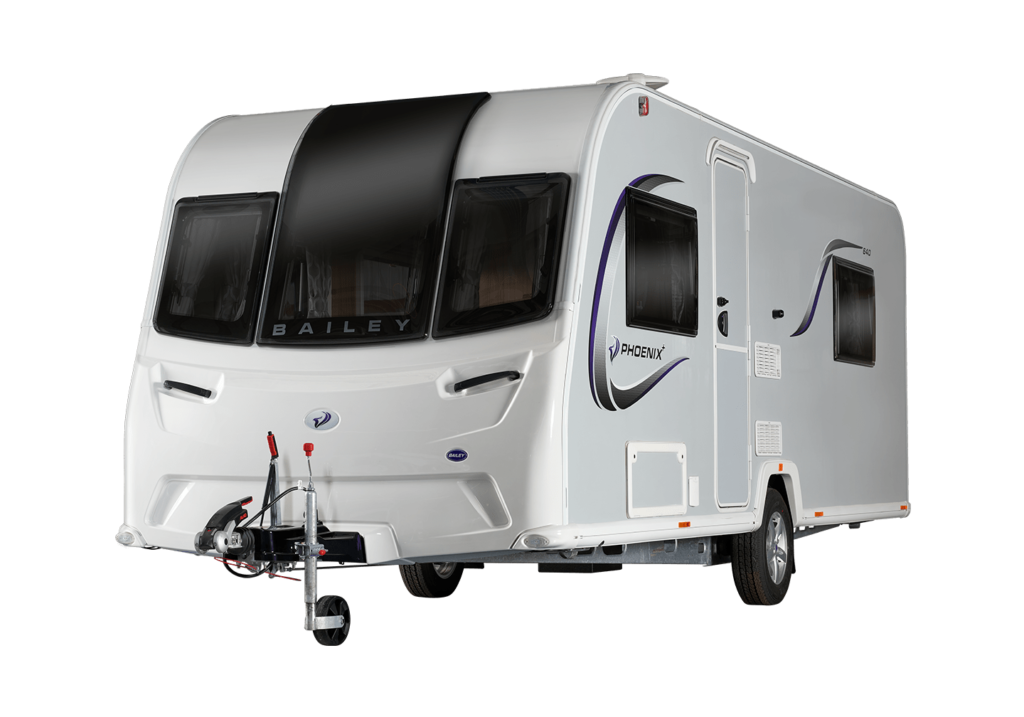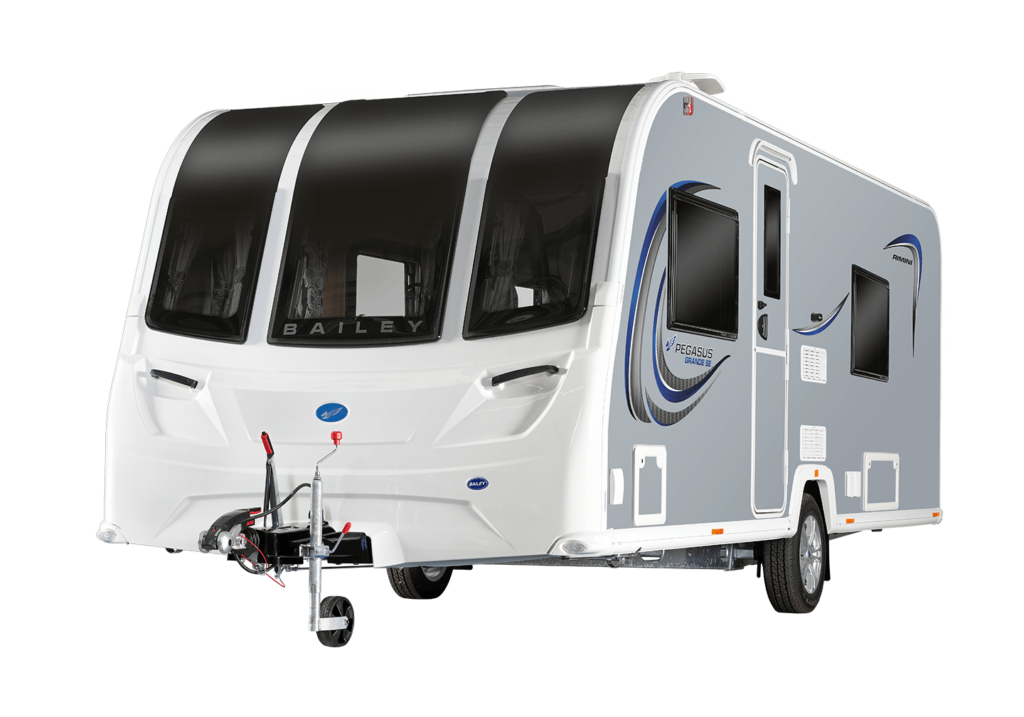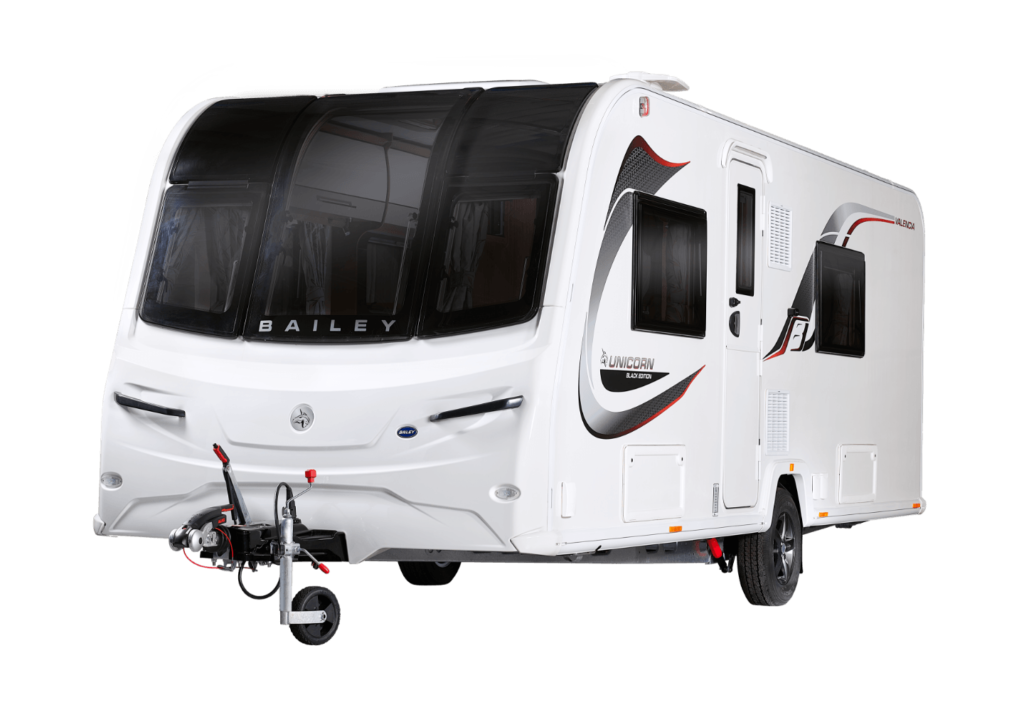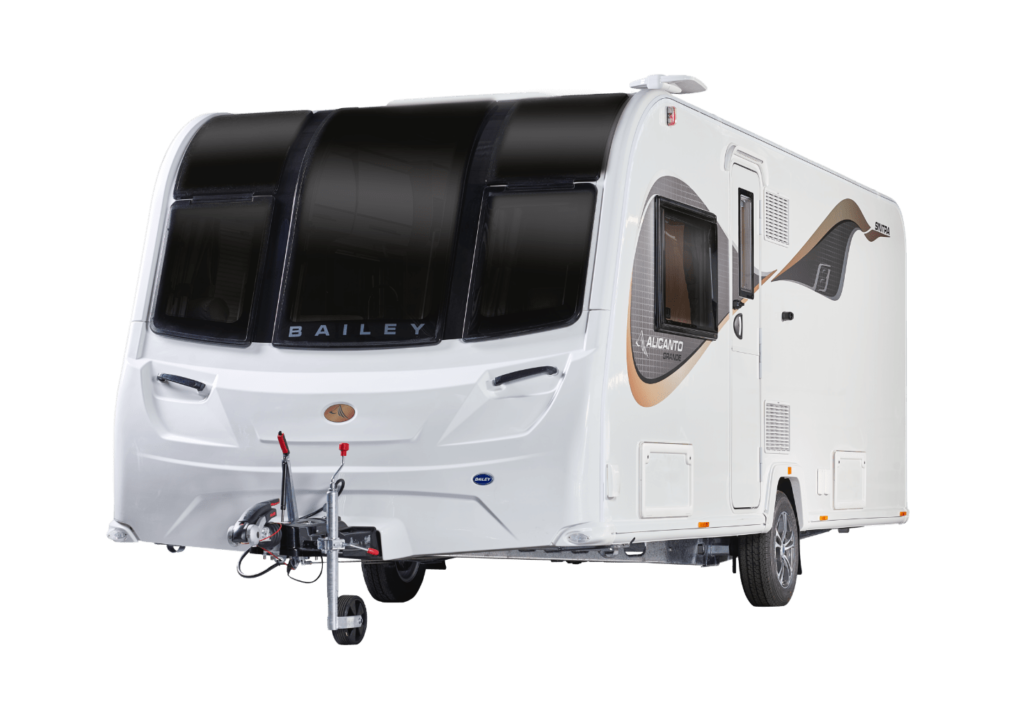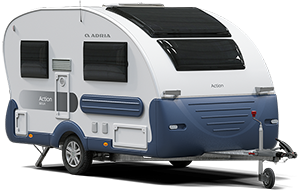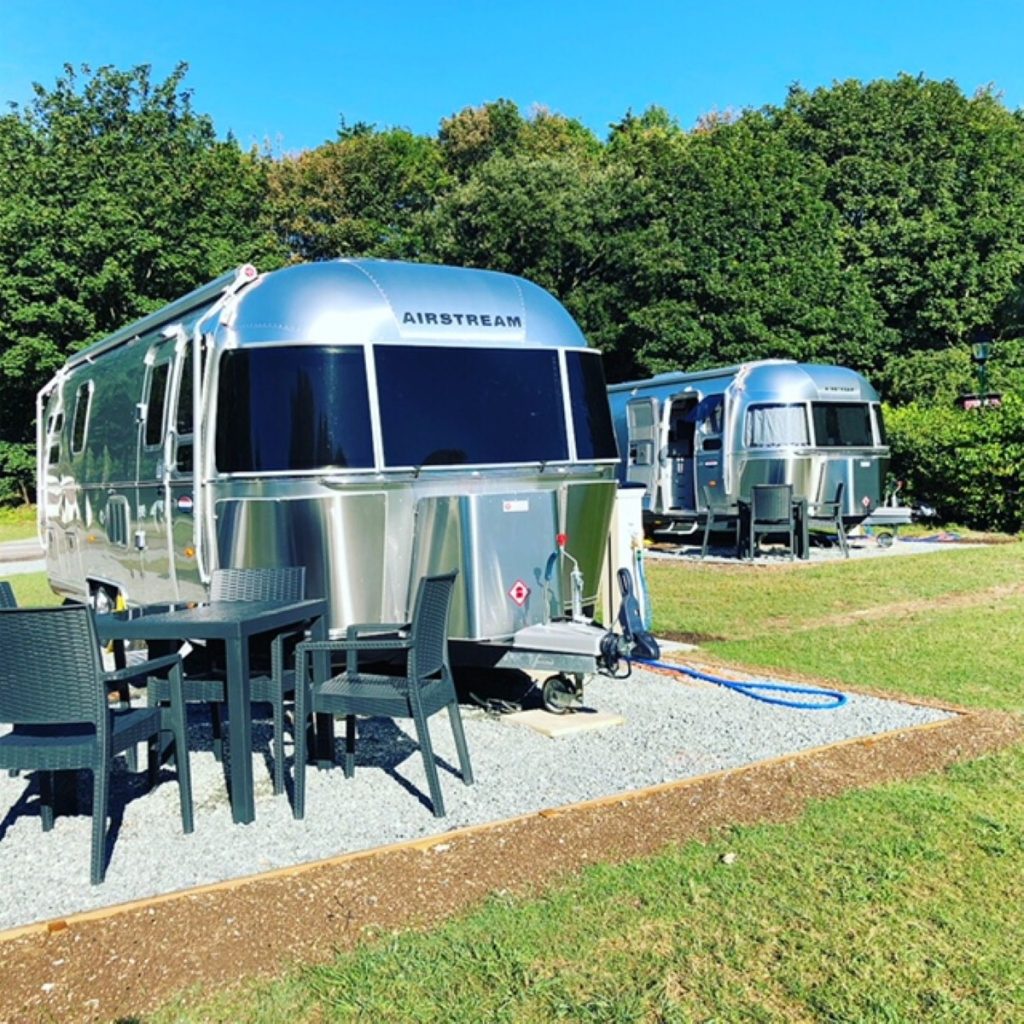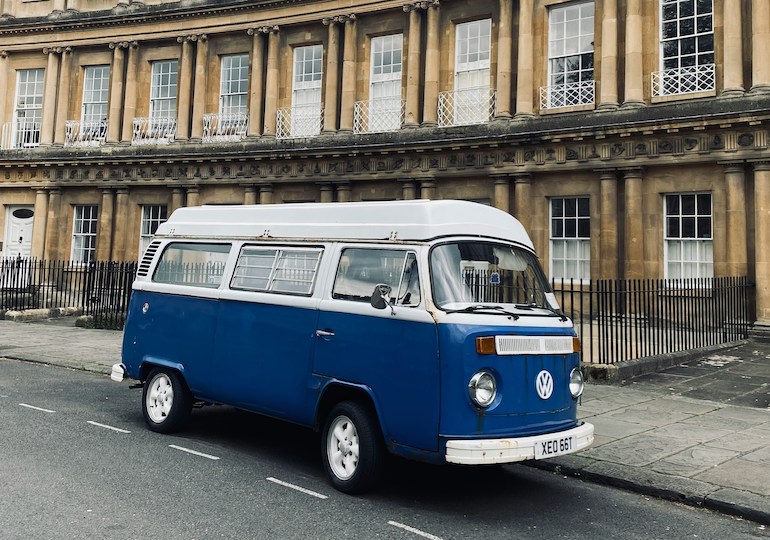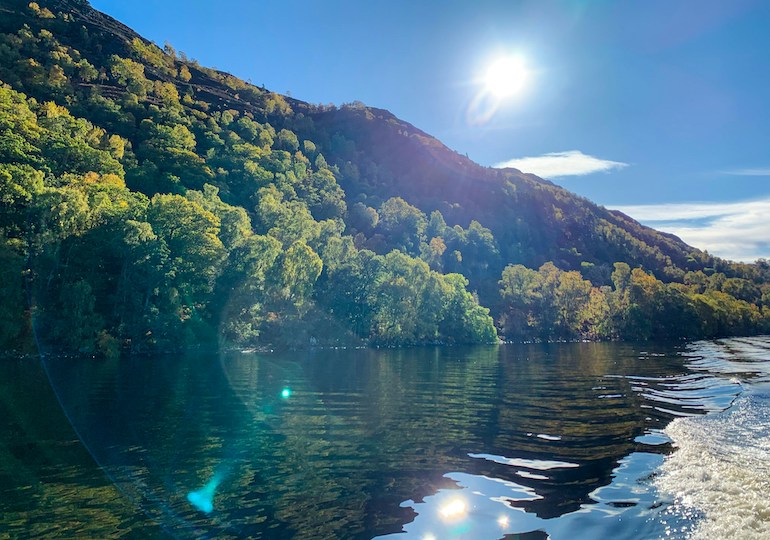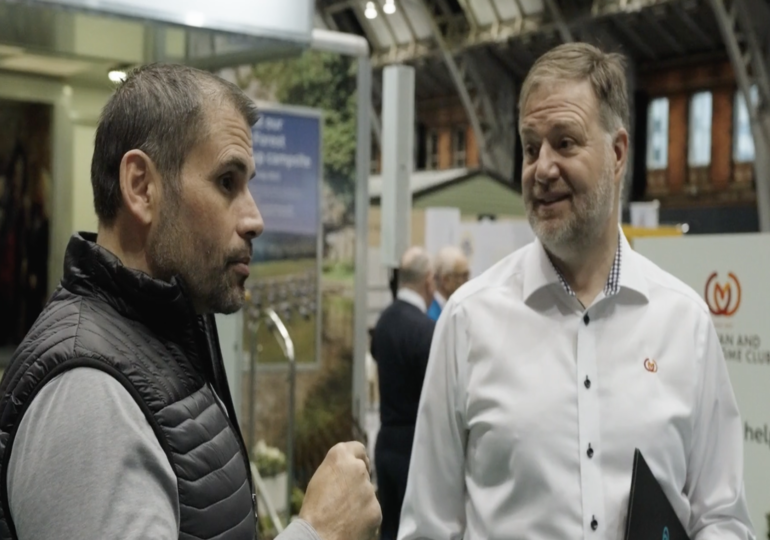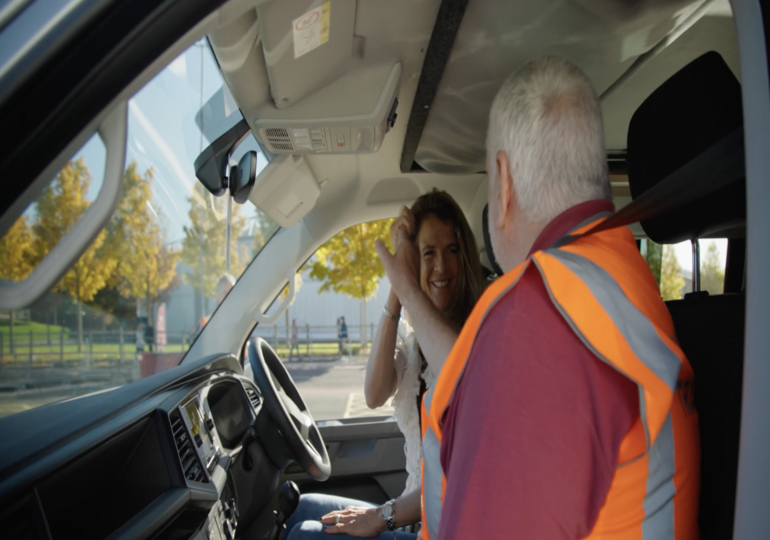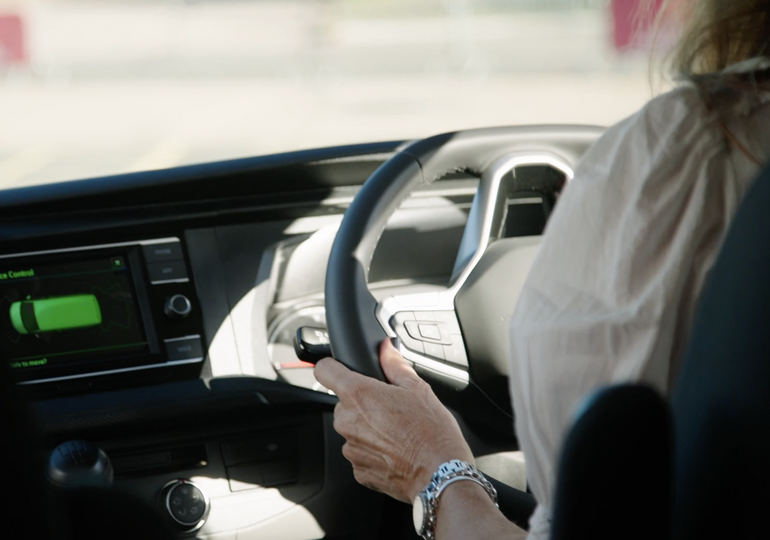Dan Cartwright has over 12 years of experience in the caravan and motorhome industry. He is a judge for a number of prestigious leisure vehicle awards and regularly heads off in his motorhome with his family. Every week, Dan shares his insights with the community. Here’s what he has to say this week.
Editor’s note: The team requested this article. We hope you’ll find it as helpful as we found it amusing to hear of Dan’s sticky situations.
Whether you’re new to the world of caravanning and motorhoming or you’re a seasoned veteran, I’m going to run you through some of the mistakes I’ve endured over the years. My experience in the leisure vehicle industry has encompassed holidaying in them but also testing and filming them for CaravanTimes and manufacturers.
More importantly, I’ll take this opportunity to reflect on how I could have avoided some of these faux pas and how you could prevent yourself getting into similar situations. So, sit back and enjoy the benefit of my experience.
Getting vehicles stuck
Over the years I’ve been involved in lots of photo shoots in far-flung places, often with drones. One memorable example involved caravans on a deserted beach with horses running around it. These sorts of highly inspirational videos look great when produced, but have the potential for some serious pitfalls.
I’ve managed to get so many leisure vehicles stuck in such situations, including once when I couldn’t move a caravan from a beach when the tide was coming in. I’ve had motorhomes stuck on hills in the North York moors and I have to say it’s more likely to be motorhomes that won’t budge as opposed to caravans.
There’s a point at which you’re trying to manoeuvre your motorhome onto a pitch without hardstanding that you should stop and consider what you’re doing. Look at the ground and assess whether it’s wet and slippy, and what the odds are of your vehicle sinking.
It is possible to drive caravans and motorhomes onto remote grassy locations, and you may even be able to get them back off again. But make sure you’re aware of not just the current conditions, but what the weather might do next.
The quality of the ground is another important factor. If you’re on a grass campsite or certificated location, there will generally be good drainage and the owner will come and tell you where not to park if it rains. Conditions will likely be good and you’ll get in and out without any problems.
Remote locations where the ground is a real unknown can lead to much trickier situations. It’s not just about when you come to park your leisure vehicle, but also when you come to drive it away. If the weather conditions have changed drastically, as I’ve experienced when I arrived in sunshine and tried to leave in two feet of snow, it’s just never going to happen.
Be vigilant and stay aware if you’re going to be intrepid, as there are likely to be fewer people around to help. That means being prepared to move your leisure vehicle if the conditions change. Don’t pitch up in the middle of nowhere, open a bottle of wine and then realise you can’t drive your motorhome to a new location to avoid getting stuck.
Not planning well enough
There are so many examples of me not planning properly throughout my leisure vehicle life, it’s a bit ridiculous. The biggest ones are around failing to look at roads in advance. Sometimes I’ve been driving to remote places around the world, but also in England, and in a six-berth motorhome that can cause problems.
Once, I was driving to a secluded part of Cornwall and hadn’t thought carefully about the route. In a brand new six-berth motorhome, I couldn’t tuck it into the bushes for risk of scraping the wing mirrors or the sides and had to reverse for miles to find somewhere to safely pass an oncoming car.
Had I planned better, I could have looked at a slightly longer route on bigger roads, even though it wouldn’t have been as direct. It would have definitely been quicker in the long run than the average three miles an hour I achieved.
Go onto Google Street View and scrutinise the route for the places where the roads get really narrow. This may only be for four or five miles, but they can be hell. Google will also tell you how busy roads are at different times of day, so go onto a desktop and plan your journey. Don’t do it, like I did, at rush hour.
Forgetting things
While we all forget things from time to time, I’ve been known to forget fairly mission-critical items. Whether it’s to make my stay habitable – not even comfortable – or it’s the essential equipment for videoing caravans and motorhomes, I’ve left it behind on occasion.
The circumstances have ranged from using the gas bottle in a different vehicle and forgetting to replace it through to arriving with gas but without the gas spanner to actually make it work. I’ve realised I haven’t got aquarolls because I took them out to clean them more than once, while electrical cables and feet to steady a caravan, leaving it swaying as you walk around it, have all stayed behind at home.
Small items can be incredibly important, so I now have a go bag, which has all the essentials in it. We’re talking gas spanners, a battery jump charger, fuses for the habitation area and that sort of thing. They stay in the bag and I don’t take it out of the leisure vehicle for any reason.
My second recommendation on this front is to come up with a checklist. When you’re planning your route, put a note on the steering wheel or on the door of the absolute essentials you’ll need for this type of trip. If you take your aquaroll out of your caravan at all, leave yourself a note so you don’t drive off without it.
Relying on someone else
Never rely on anybody else or assume they can do things. Either they’ll break it or it doesn’t get done. One memorable occasion when working on set filming multiple motorhomes and caravans, I asked my colleague Tom to get one model ready while shooting a different vehicle.
Upon moving the caravan to another location, he tried to turn it in an unsuitable spot, wedging the caravan and car parallel between two stone walls with an inch of space at the front and rear. There was zero clearance to be able to turn it in any direction. There proceeded an hour of Austin Powers-style million-point turns to finally get it out.
Panicking
You will make mistakes at some point during your caravan or motorhome adventures, but the important thing is not to panic. Look up where the nearest camping store is before you set off for anything you might break or forget, learn from your mistakes (and mine) and have fun!
Photo credit: Pexels/Erik Mclean

